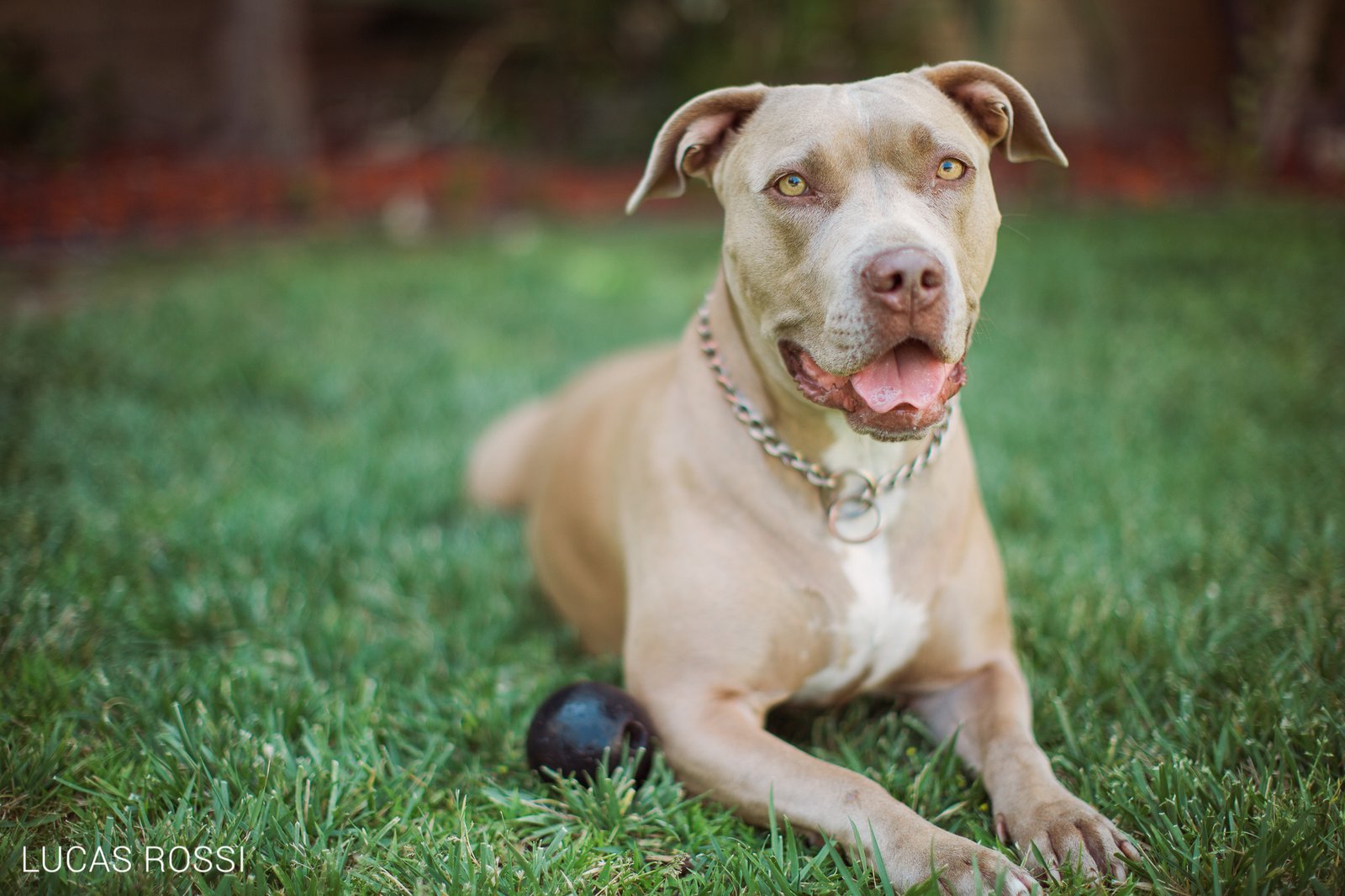The Pitbull: A Misunderstood Breed
Pitbulls are often viewed as aggressive and dangerous dogs, primarily due to their media portrayal and history. However, these dogs are often misunderstood and misrepresented. In reality, Pitbulls can make wonderful pets and companions when properly trained and socialized. Understanding their history, temperament, and the factors that influence their behavior is crucial in reshaping the narrative surrounding this breed.
The Origins of the Pitbull
The Pitbull is a mix of several breeds, including the American Bulldog, Bull Terrier, and English Bulldog. Originally bred for bull-baiting and later as farm dogs, Pitbulls were used to herd livestock, protect property, and work alongside their human families. Despite their history as working dogs, the breed’s reputation took a hit due to its association with dog fighting, which was cruelly popularized in the early 20th century. Today, many Pitbulls are kept as loving companions, demonstrating how far the breed has come from its violent past.

The Temperament of a Pitbull
Pitbulls are known for their loyalty, intelligence, and high energy. They are often playful and affectionate with their families, including children. When trained and socialized from an early age, they exhibit an eager-to-please demeanor and thrive in environments where they are engaged both mentally and physically. Their strong protective instinct can make them excellent watchdogs, but they are rarely aggressive without provocation.
Unfortunately, the breed’s reputation is marred by negative stories in the media that emphasize isolated incidents of aggression, often without context. While any dog can become aggressive if mistreated or poorly trained, a well-raised Pitbull is no more dangerous than other breeds.
Common Misconceptions
A significant misunderstanding about Pitbulls lies in the misconception that they are inherently aggressive. This view is often exacerbated by media reports highlighting attacks without providing the full context, such as the dog’s upbringing, treatment, or specific circumstances. In truth, a dog’s behavior is largely determined by its owner and the environment it’s raised in.
Another misconception is that Pitbulls have “locking jaws.” This is not scientifically accurate. While Pitbulls do have powerful jaws, like many other dogs, they do not have the ability to lock them. This myth only fuels fear and misunderstanding.
The Role of Proper Training
Proper training is crucial to any dog’s development, and Pitbulls are no exception. Early socialization is vital to ensure they interact well with other animals and people. Positive reinforcement methods, where the dog is rewarded for good behavior, work best with this breed. Consistent training helps build a strong bond between owner and dog, reducing the likelihood of behavioral issues.
Pitbulls are highly intelligent and trainable, which makes them responsive to commands and eager to please. However, their strong personalities can sometimes make them challenging for inexperienced owners, which is why they are better suited to those who are familiar with dog training and behavior.
Responsible Ownership
One of the most important aspects of owning a Pitbull is responsible ownership. A Pitbull, like any breed, requires attention, love, and a structured routine. Exercise is essential for their mental and physical health; without it, they can become bored or anxious, which may lead to undesirable behavior.
Additionally, owners should ensure that their Pitbull is well-socialized from an early age. This means exposing them to a variety of people, animals, and situations to prevent fear-based aggression and to help them become well-rounded, confident dogs.
The Pitbull in Society Today
Despite their negative reputation, Pitbulls can make excellent pets for the right owners. They are loving, loyal, and protective, often forming strong bonds with their families. Many Pitbulls are trained as therapy dogs, service dogs, and even in search and rescue roles due to their intelligence and willingness to work.
Breed-specific legislation (BSL), which targets Pitbulls and other breeds, has been enacted in various regions, often due to unfounded fears. These laws aim to restrict or ban ownership of certain dog breeds based on perceived danger. However, many animal experts and dog trainers argue that breed-specific laws are ineffective and that focusing on the behavior of individual dogs and their owners is a better approach.
Conclusion
Pitbulls are not inherently dangerous, nor are they a breed that should be feared. Like any dog, they require responsible ownership, proper training, and socialization to be well-behaved. Pitbulls are incredibly loyal, intelligent, and loving companions who thrive in the right environment. It’s essential to move past the misconceptions and embrace the breed for what they truly are: a misunderstood dog with the potential to be a wonderful family member.
By understanding the true nature of Pitbulls, we can help change their reputation and ensure they are treated with the respect and care they deserve.








